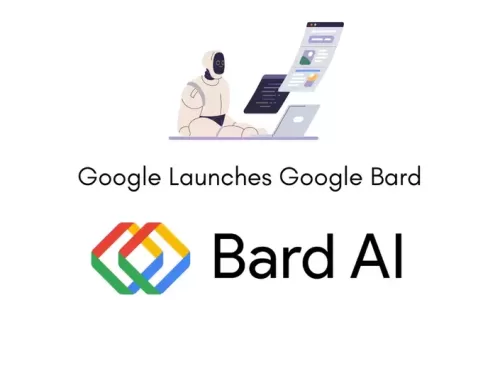A digital marketing strategy is a comprehensive plan that outlines how a business will use digital channels to reach its target audience, achieve its marketing and business goals, and drive revenue. The strategy considers factors such as target audience, competition, brand positioning, and available resources, and lays out a roadmap for executing and measuring the success of various digital marketing initiatives, such as search engine optimization (SEO), pay-per-click (PPC) advertising, social media marketing, email marketing, content marketing, and more. The ultimate goal of a digital marketing strategy is to drive traffic, engagement, leads, and conversions through the effective use of digital channels and tactics.
Here’s a step-by-step process to develop a successful digital marketing strategy:
- Define your target audience: Identify who you want to reach and what their needs and preferences are.
- Conduct a digital audit: Assess your current digital presence and identify areas for improvement.
- Set clear goals: Determine what you want to achieve with your digital marketing efforts and how you will measure success.
- Choose the right channels: Decide which channels will best reach your target audience, such as search engine optimization (SEO), pay-per-click (PPC) advertising, social media, email marketing, etc.
- Create valuable content: Develop content that is useful, engaging, and relevant to your target audience.
- Implement a tracking and measurement plan: Use tools such as Google Analytics to track and measure the effectiveness of your digital marketing efforts.
- Refine and adjust: Regularly review and adjust your strategy based on the results you are seeing to ensure ongoing success.
- Execute and monitor: Put your plan into action, monitor your results, and make any necessary adjustments to ensure success.
A well-crafted digital marketing strategy can help you reach your goals, build your brand, and connect with your target audience in a meaningful way.
A digital marketing strategy is important for several reasons:
- Reach your target audience: Digital marketing allows you to reach a large and targeted audience through various channels such as search engines, social media, email, and websites.
- Cost-effective: Digital marketing can be more cost-effective than traditional marketing methods, such as print and television advertising.
- Measurable results: Digital marketing provides measurable results through tools such as Google Analytics, making it easier to track the success of your efforts and adjust your strategy accordingly.
- Build your brand: A strong digital marketing strategy can help build your brand and establish a positive online presence.
- Increase customer engagement: Digital marketing provides opportunities for increased customer engagement through channels such as social media and email marketing.
- Stay ahead of the competition: A well-planned digital marketing strategy can help you stay ahead of the competition by staying up-to-date with the latest trends and technologies.
- Better ROI: Digital marketing can provide a higher return on investment compared to traditional marketing methods.
In conclusion, a well-planned digital marketing strategy is critical for businesses to reach their target audience, build their brand, and ach



